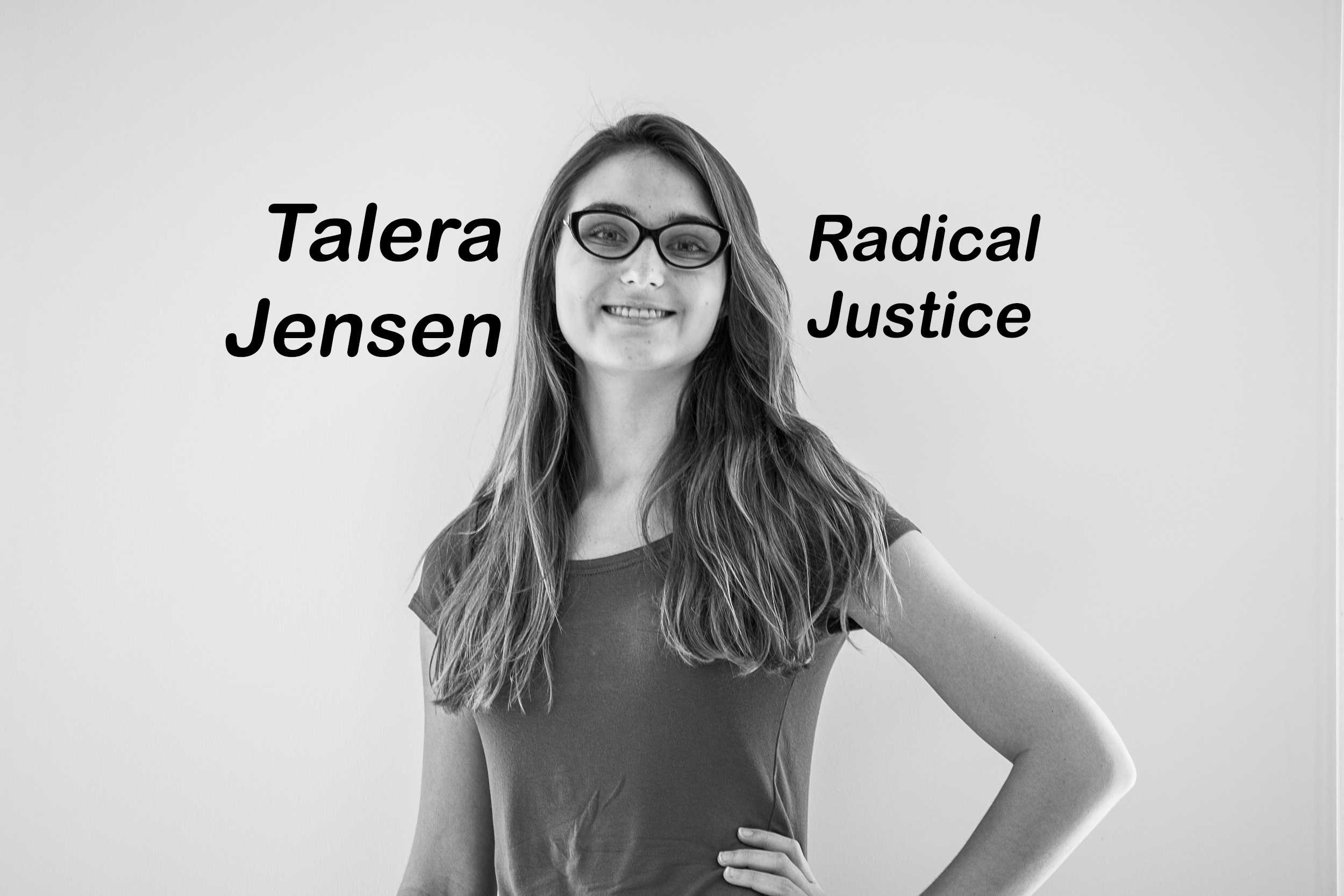Column by Talera Jensen

There’s a certain colloquial term that has come to popular use with young people today. On social media, these people deem many celebrities and other popular figures “problematic” on the basis of said figures’ sociopolitical awareness or correctness. But what does it mean to be problematic?
When someone is called problematic, they’re bad, and that’s it. It’s an umbrella term that simply fails to specify the complex institutions at work. For instance, creating a PSA that a certain celebrity has made racist or sexist comments without actually addressing why those comments harm people is not constructive by any means. People like to say “Your fave is problematic,” a semi-ironic Internet phrase that is cynicism upon the inherent imperfection of all human beings, which further detracts from this word’s ability to address (and fix) the actual problems at stake.
The Internet is one context, but an academic setting is another. I hear many people in my classes say “this is problematic” when referring to certain concepts or readings as a whole. More often than not, the modifier is not qualified by support. Not to mention, problematicness is in the eye of the beholder—not everybody can agree that something is inherently bad or good, and presuming so is unscholarly.
There is a scholarly way of using this term, however. There is plenty of literature about legitimate issues (typically in the humanities) that makes use of this term in a reasonable way. The difference between that usage and unreasonable usage is that academics typically do not use it as the primary term for defining something. The author defines the problem before calling the source problematic. Much akin to the auxiliary verb, “do,” the “problem” nature of “problematic” is purely derived from its context. Two opposing arguments could both use “problematic” for entirely different purposes, so the real substance of their argument will be in the contextual support of their own perspectives.
Radical philosophy views subjects at the root, at the cause(s) of it all. Insisting that something is problematic without addressing the source and impact of the problem itself is not radically progressive. The proclamation, “This author is problematic,” is the statement of an opinion. A sentence along the lines of, “I find this author problematic because…” is an argument.
There are worse elements to this incorrect usage that go beyond the correctness of language. As mentioned previously, it is a trend that problematic sources are avoided entirely, purely due to the fact that they are perceived as problematic by a certain vocal group. Many potentially great sources from all academic fields are completely ignored by those who call them problematic. To be “problematic,” in this day and age, is to be brushed aside and locked away from analysis forever. We might as well start saying “You’re not worthy!” or “Thou art banishèd!” when we don’t agree with opposing viewpoints. This culture of denial is not a good trend, for obvious reasons: in the world, there are going to be many people with different opinions from each other, and these people must at least listen to each others’ opinions if they are to cooperate at all. Academic banishment is the opposite of cooperation, and therefore could very well be the death of progress. At Grinnell, specifically, many students seem to actively detest conservative political viewpoints. A personal belief is just fine, but shutting down differing ideas as problematic is more akin to a conservative mindset than anything else—in other words, it’s counterintuitive.
Here’s my own example of a more scholarly usage: “For the above reasons, I personally find this language a problematic mode of discourse when utilized academically.” It sounds like a thesis statement, which is a good thing. Making blanket statements such as “this person is problematic” without addressing one’s reasoning is not academic. If someone really wants to use that word in a class discussion, that person should back the adjective with support. Regardless, no amount of support can justify entirely ignoring a person or idea when academic progress is at stake. Whether it supports or alters one’s previous mindset, recognizing and analyzing conflicting perspectives can be a big step to solving a problem.
Categories:
What’s the Problem?
October 29, 2015
1
0
More to Discover




















































Denis Navratil • Nov 23, 2015 at 7:46 am
You are right that summarily dismissing someone and or their views as “problematic” is, well, problematic, because no supportive reasons are offered. However, you make a similar mistake by claiming that “shutting down differing ideas as problematic is more akin to a conservative mindset than anything else – in other words, it’s counterintuitive.” Where is the evidence to support your notion that conservatives are shutting down differing ideas and that their views are counterintuitive? If you look around on college campuses today, it is the extreme left that is attempting to muzzle dissenting points of view, namely those right of center thoughts that question liberal orthodoxy on the issues of the day.